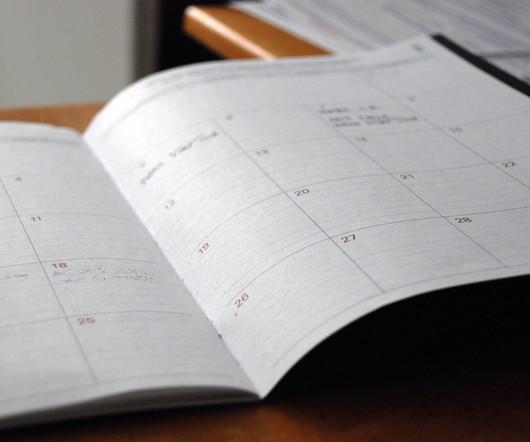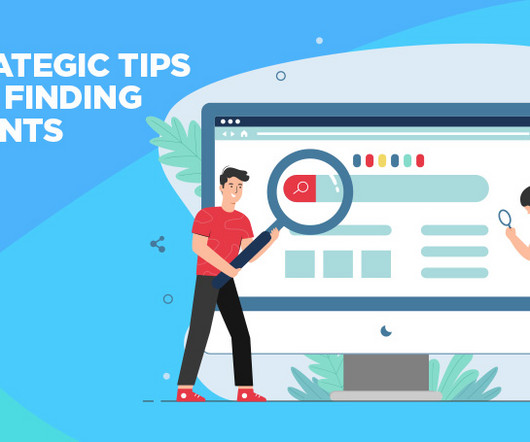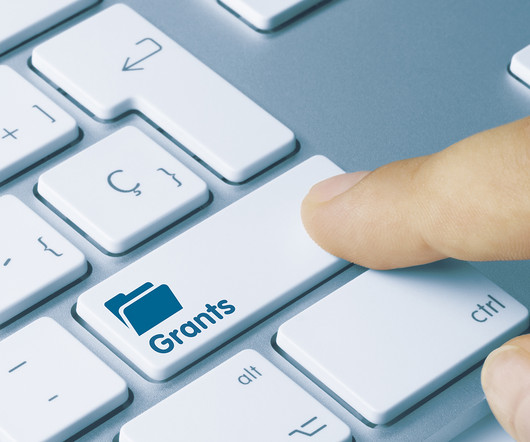Develop a grants calendar to stay on top of deadlines
Professional Grant Writers
NOVEMBER 15, 2023
If you’ve written grants for a while, you’ve probably experienced it: that sinking feeling when you realize — or your employer tells you. The post Develop a grants calendar to stay on top of deadlines appeared first on Professional Grant Writer.














Let's personalize your content